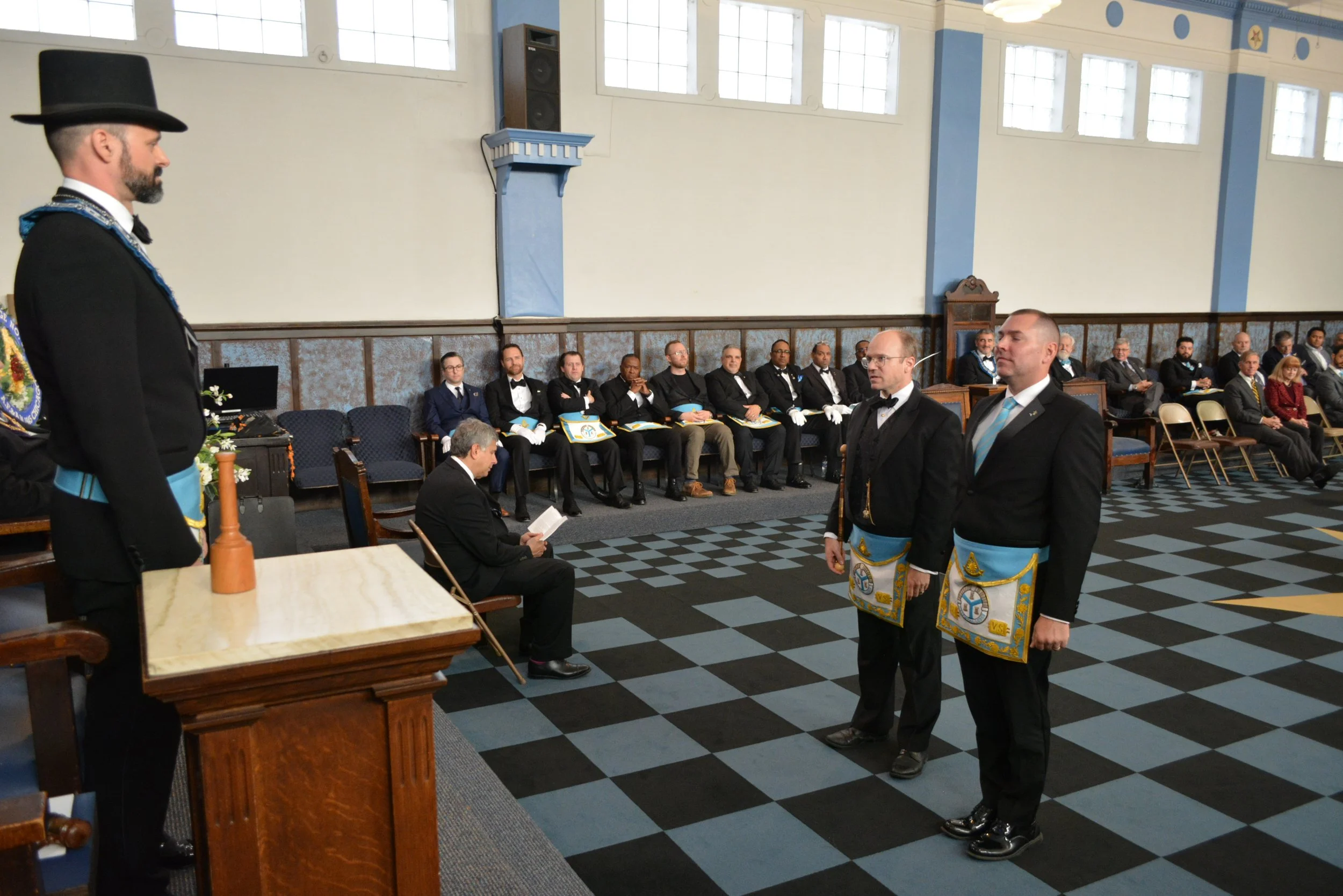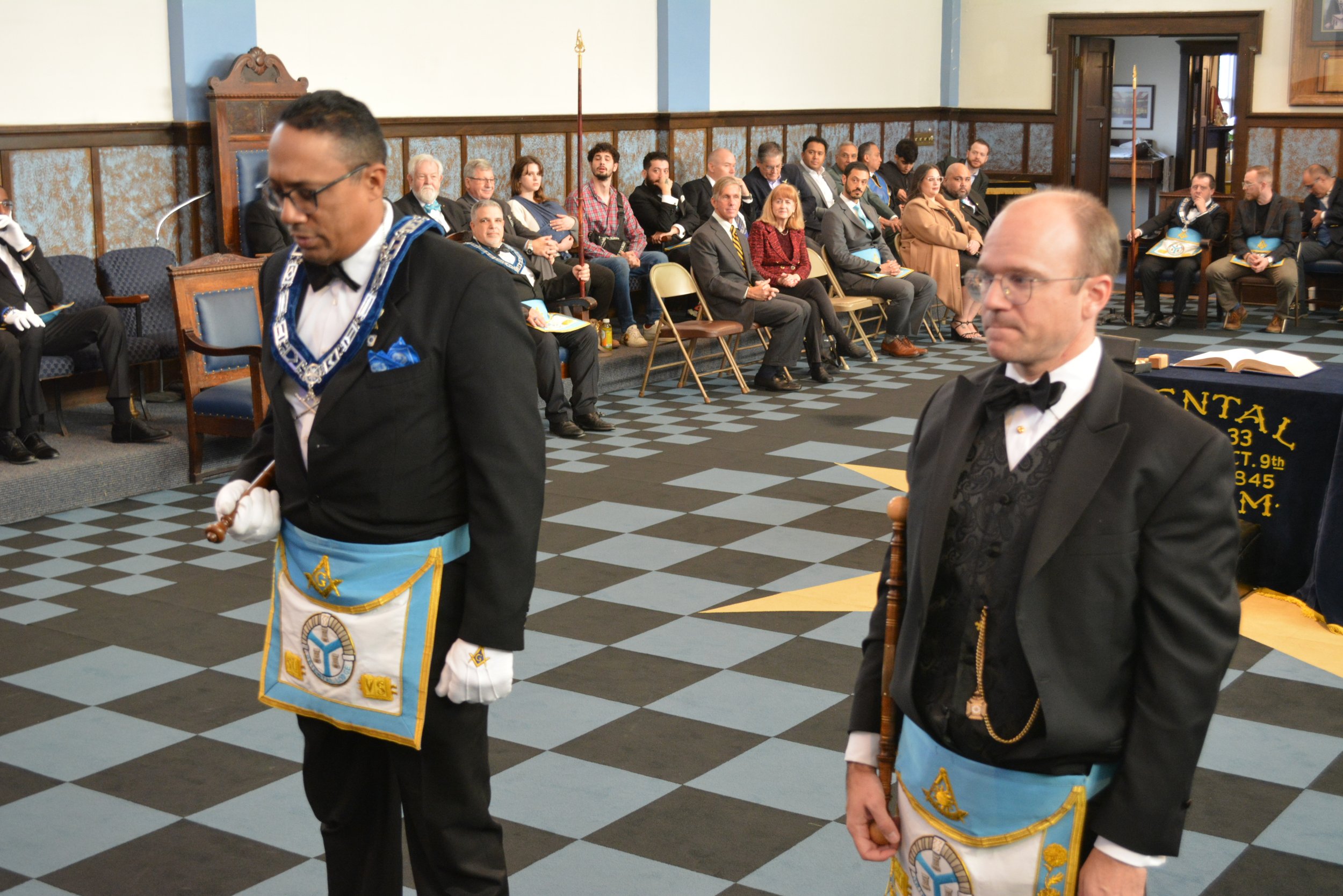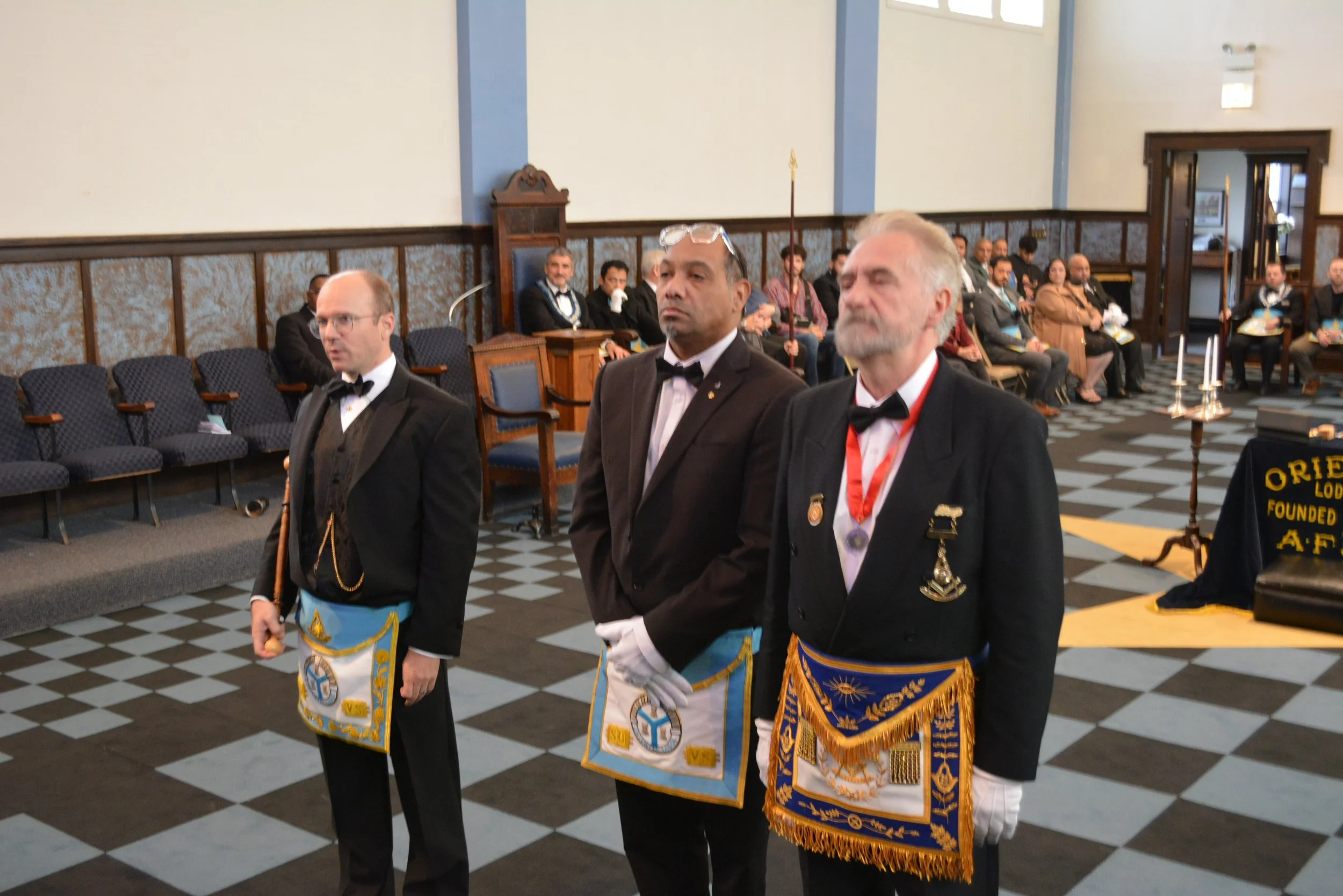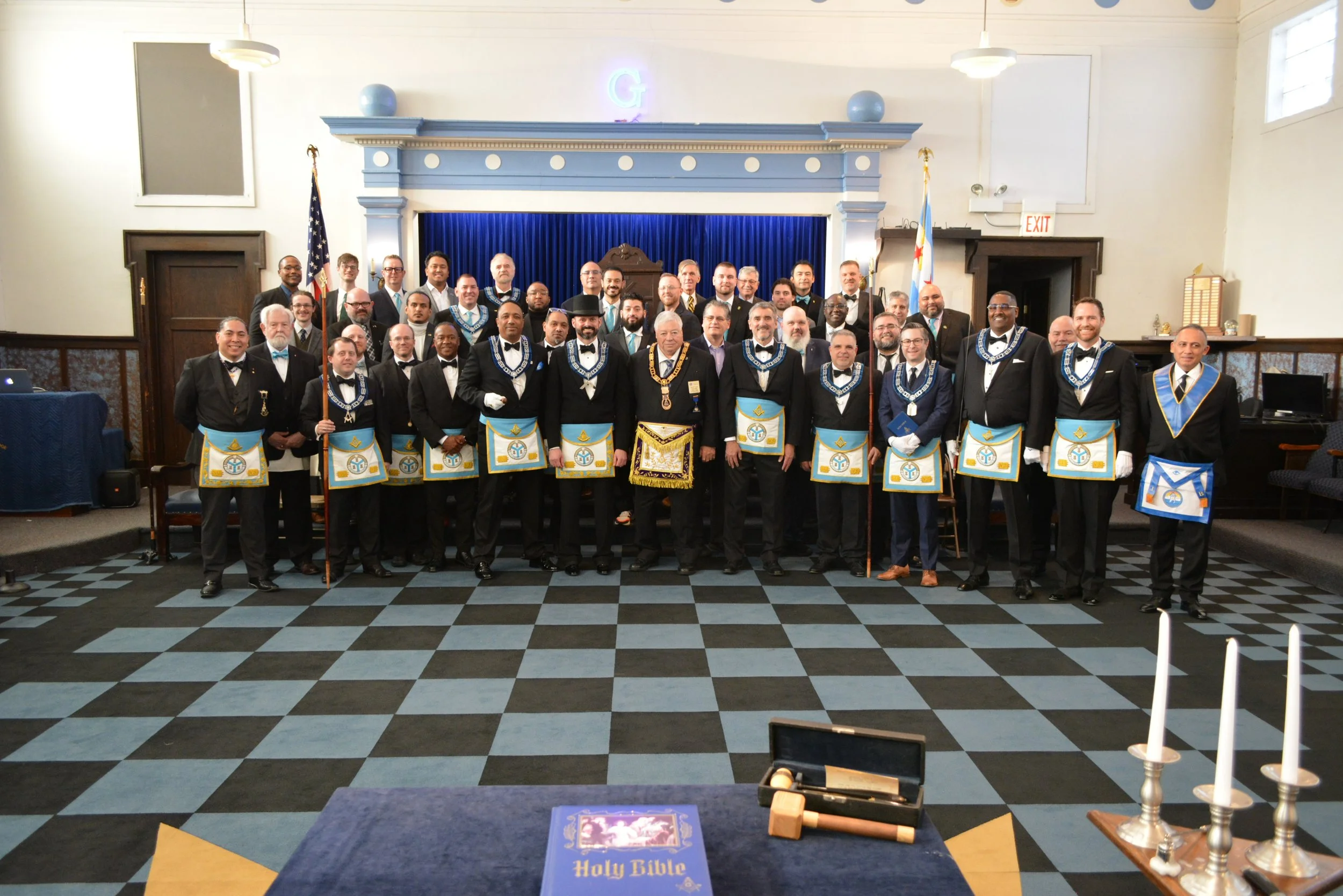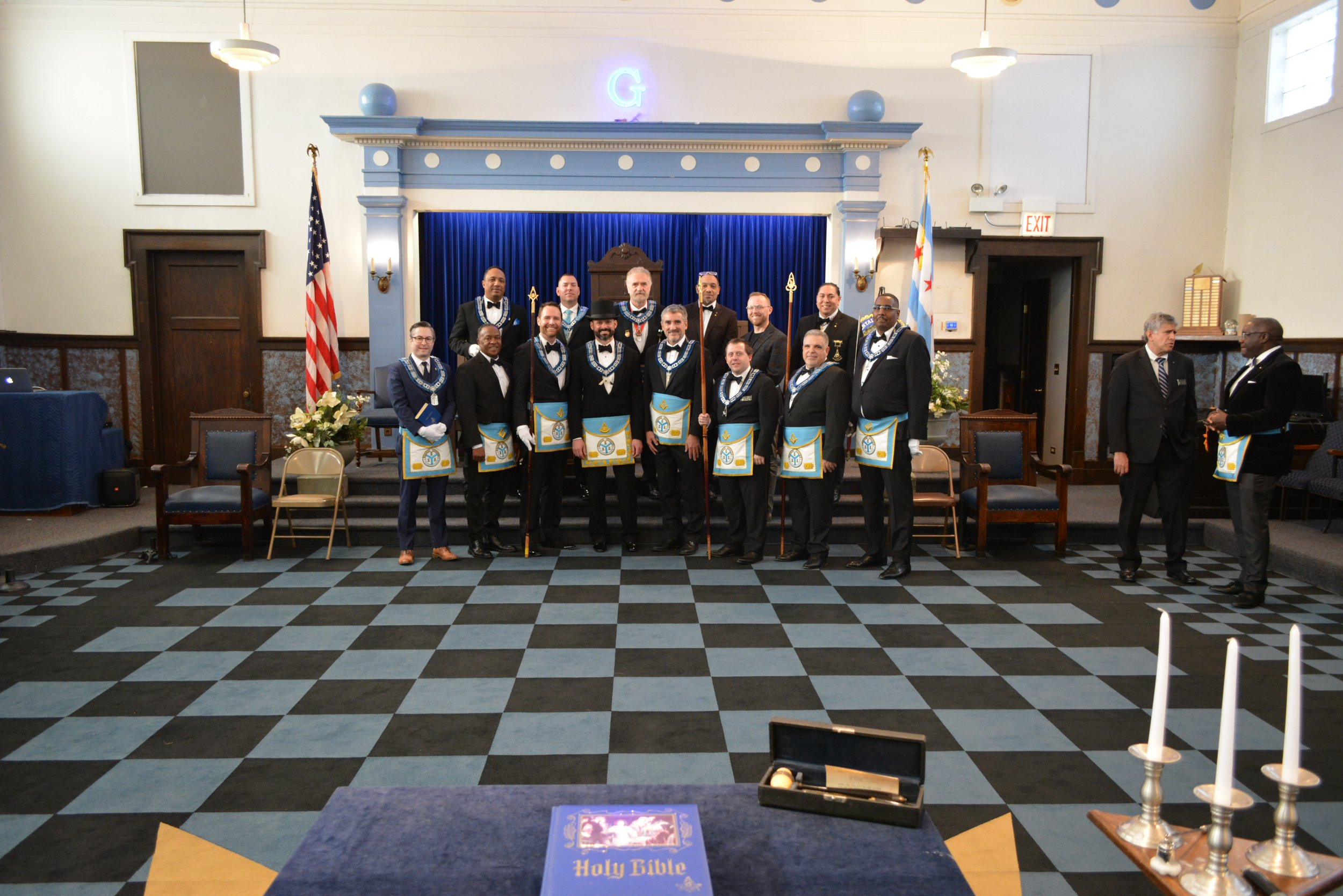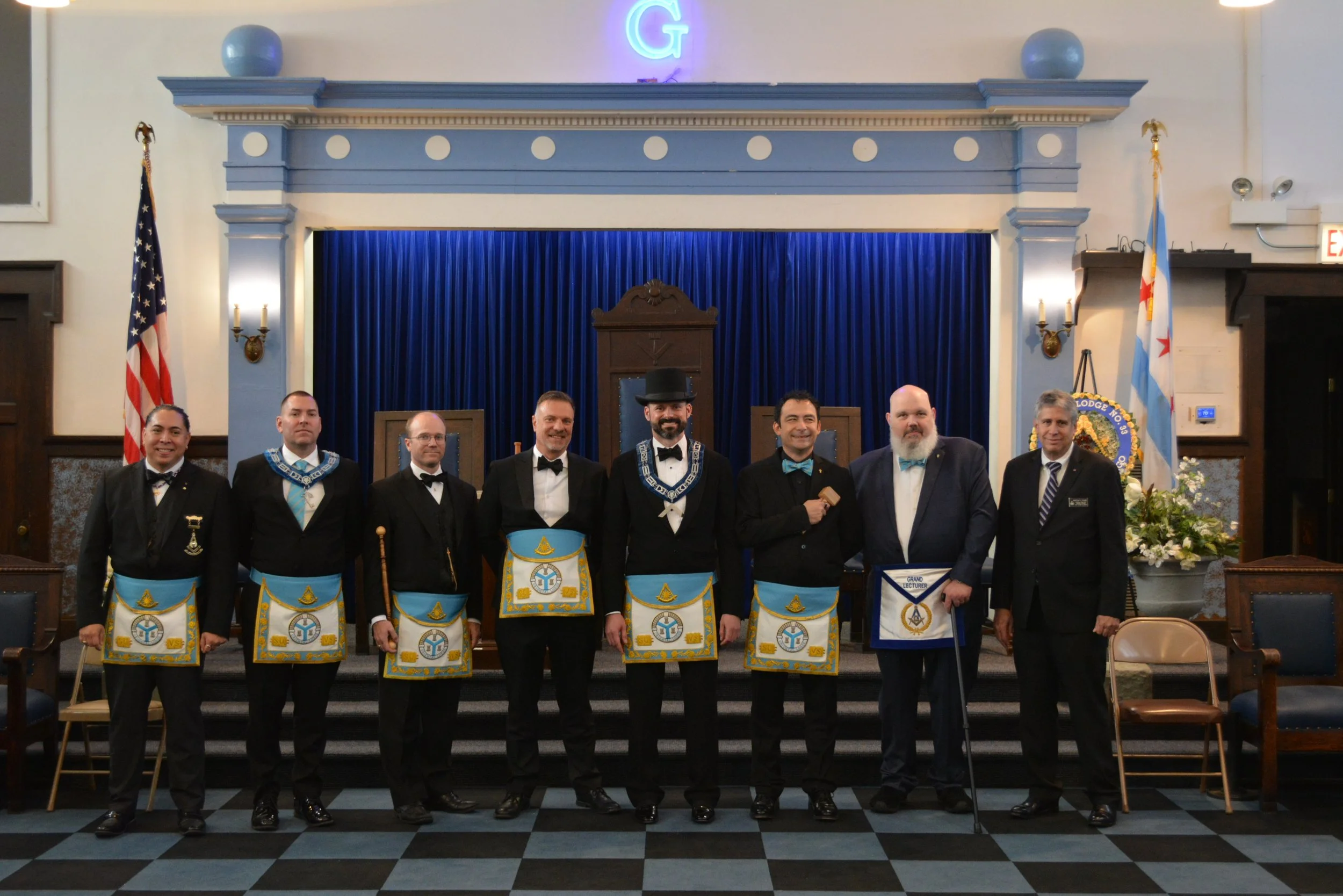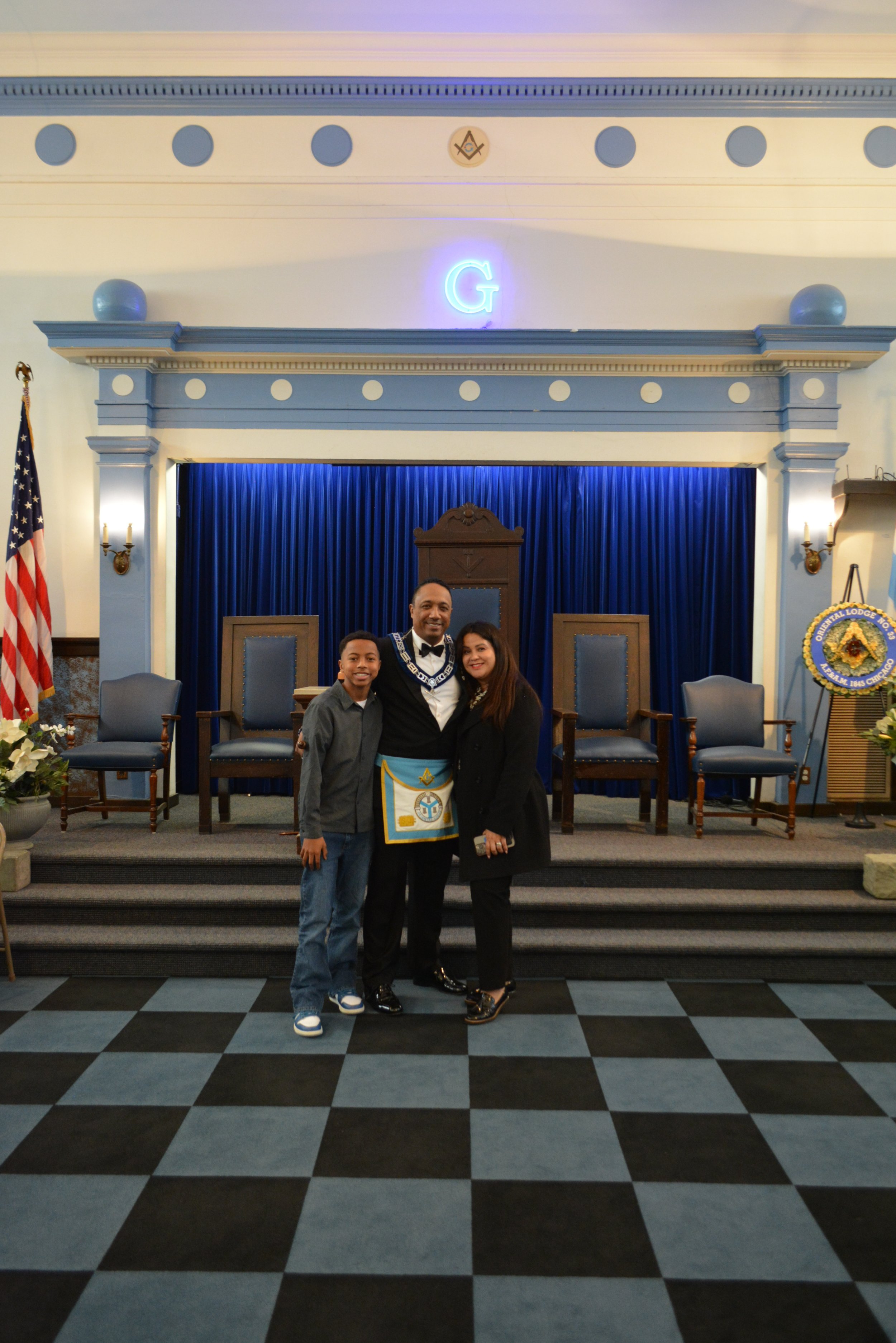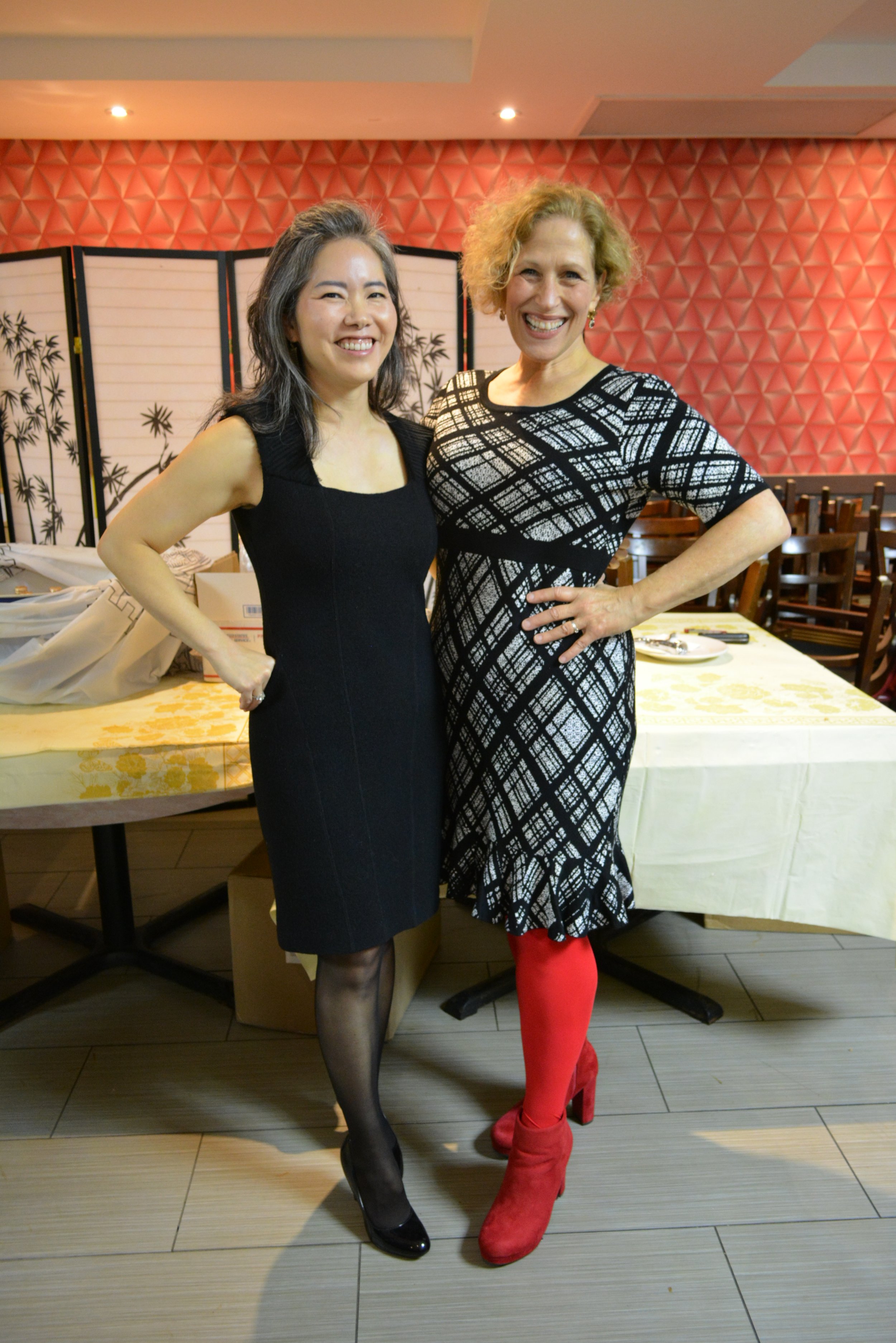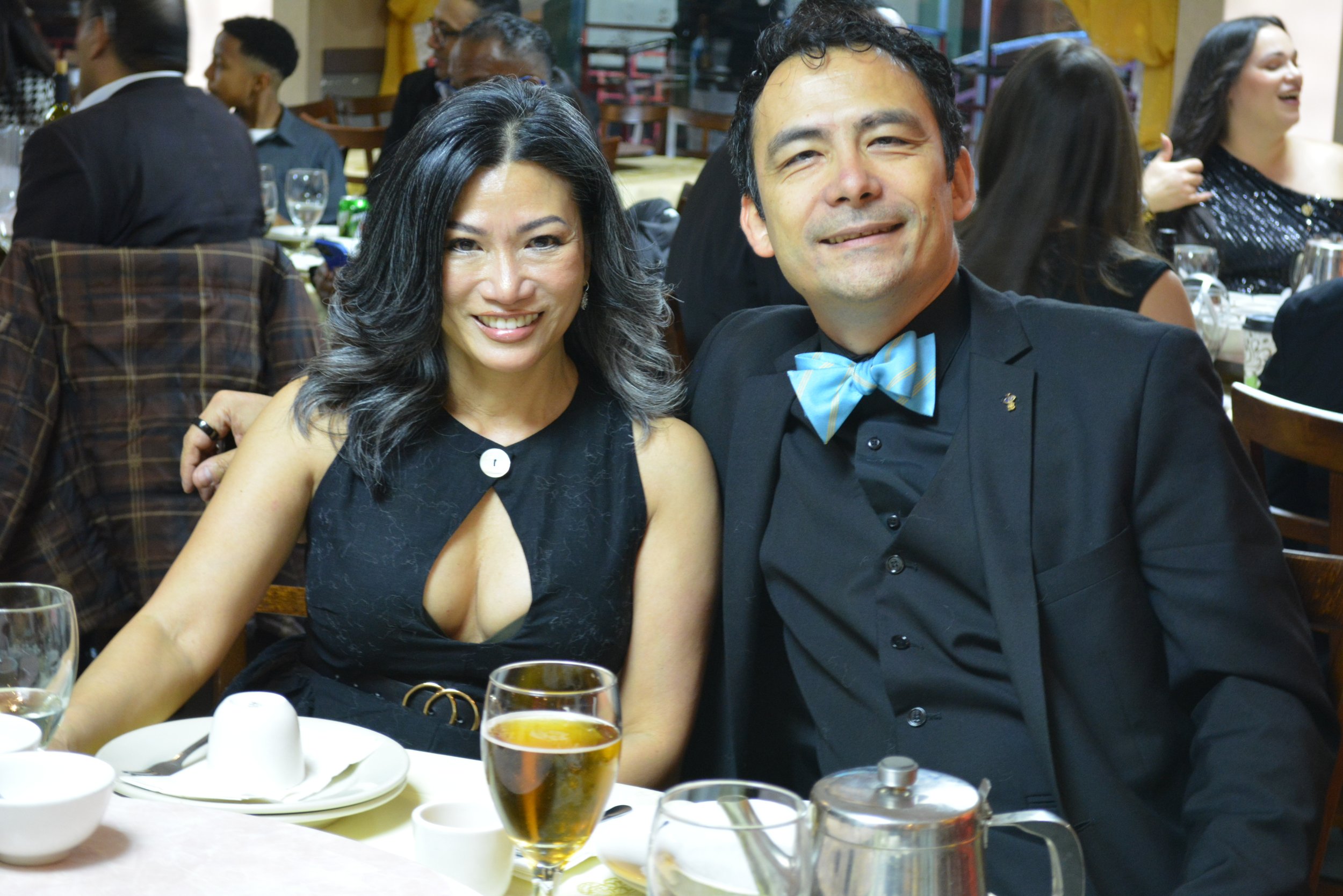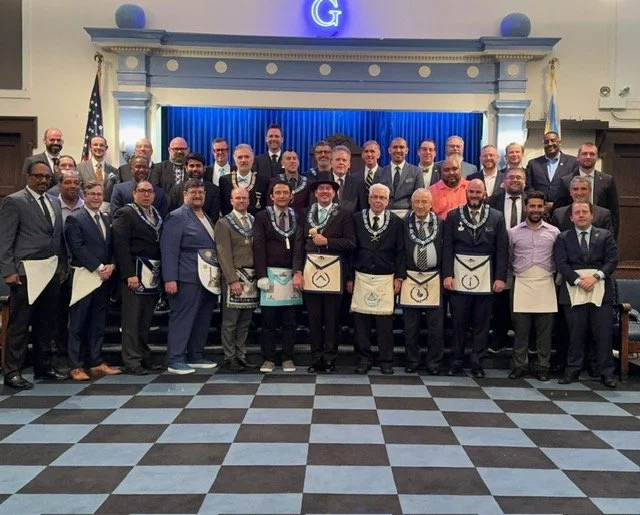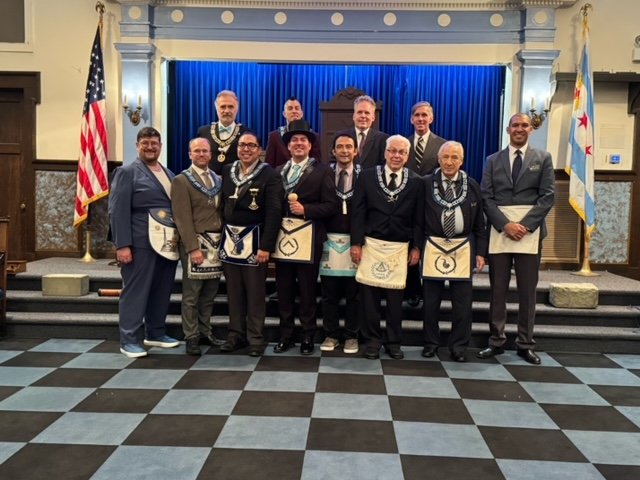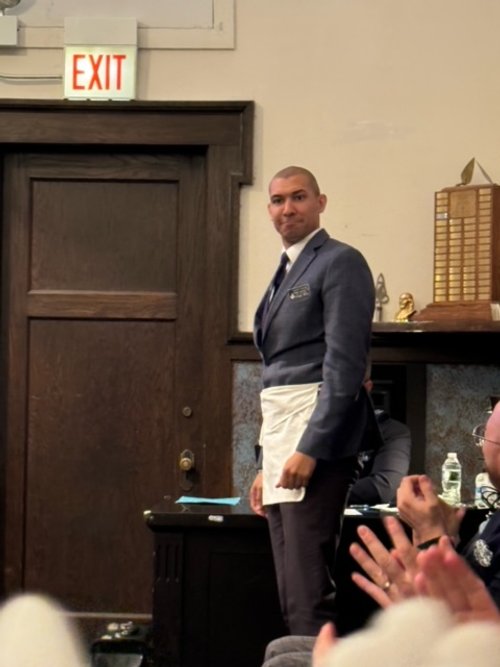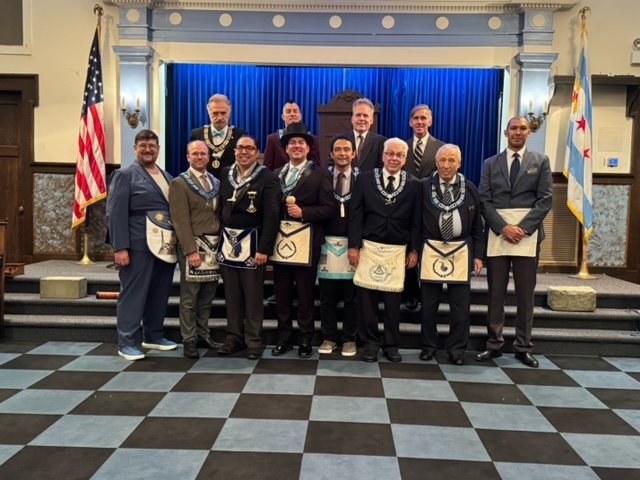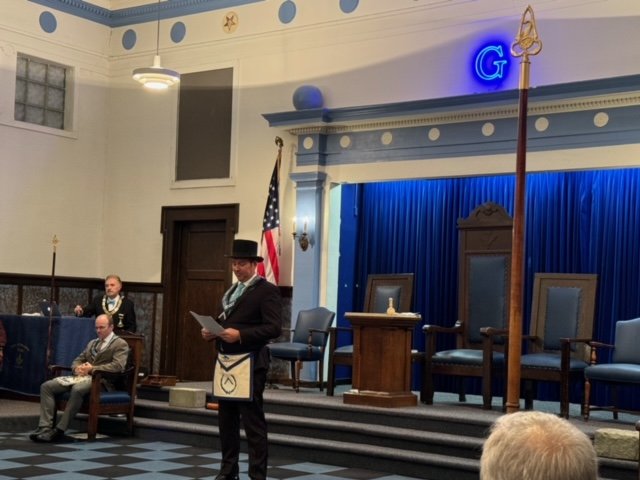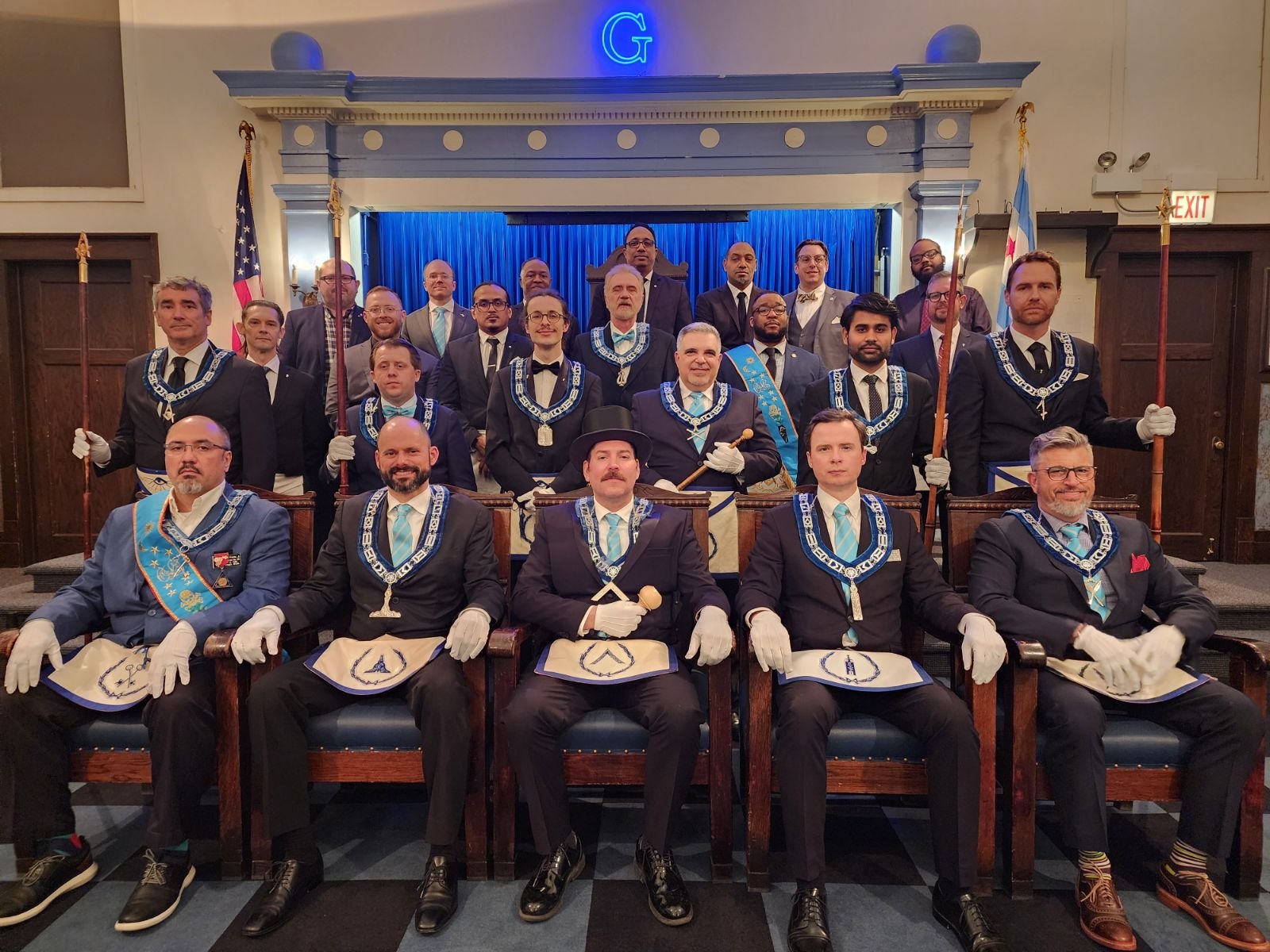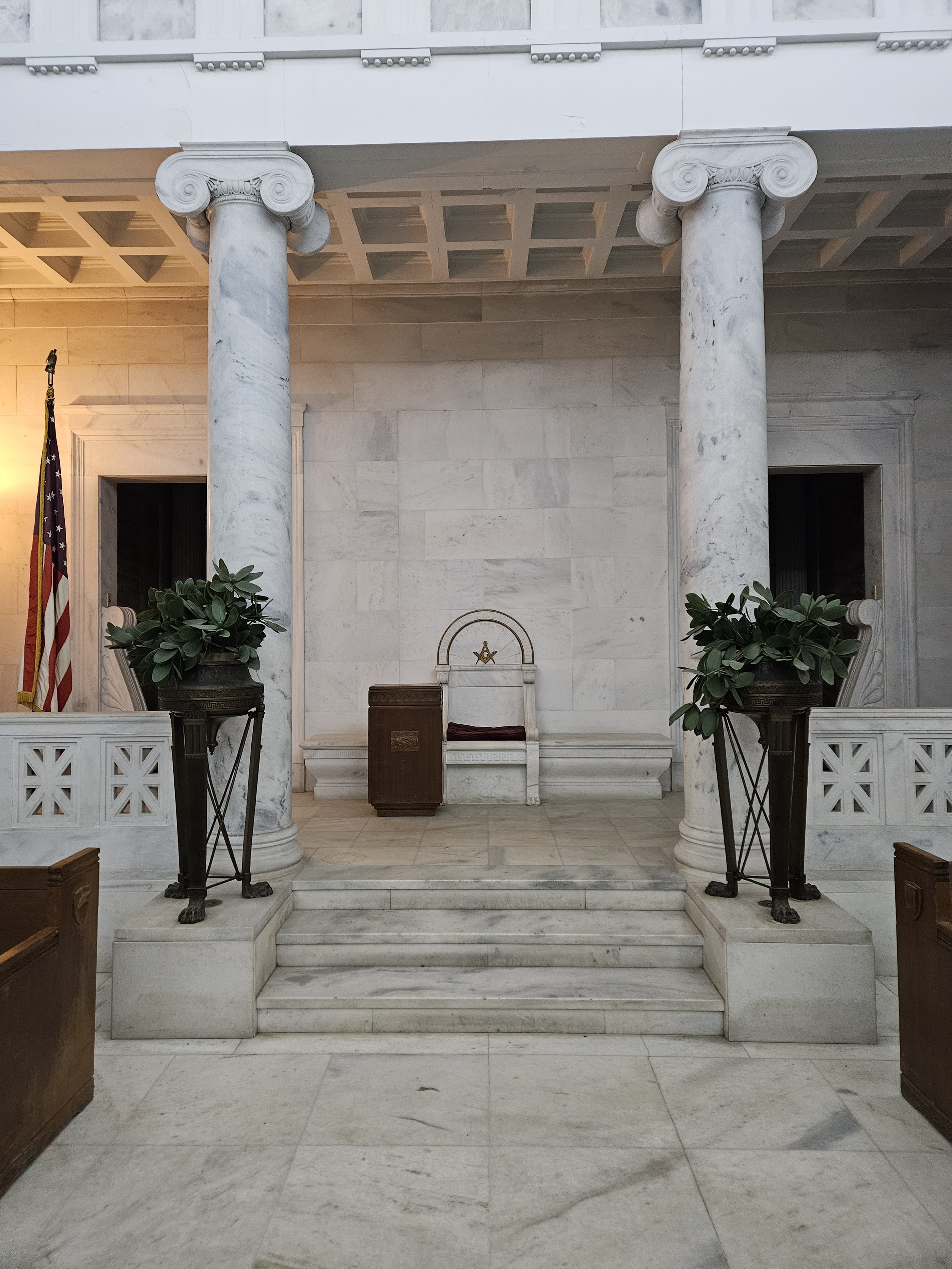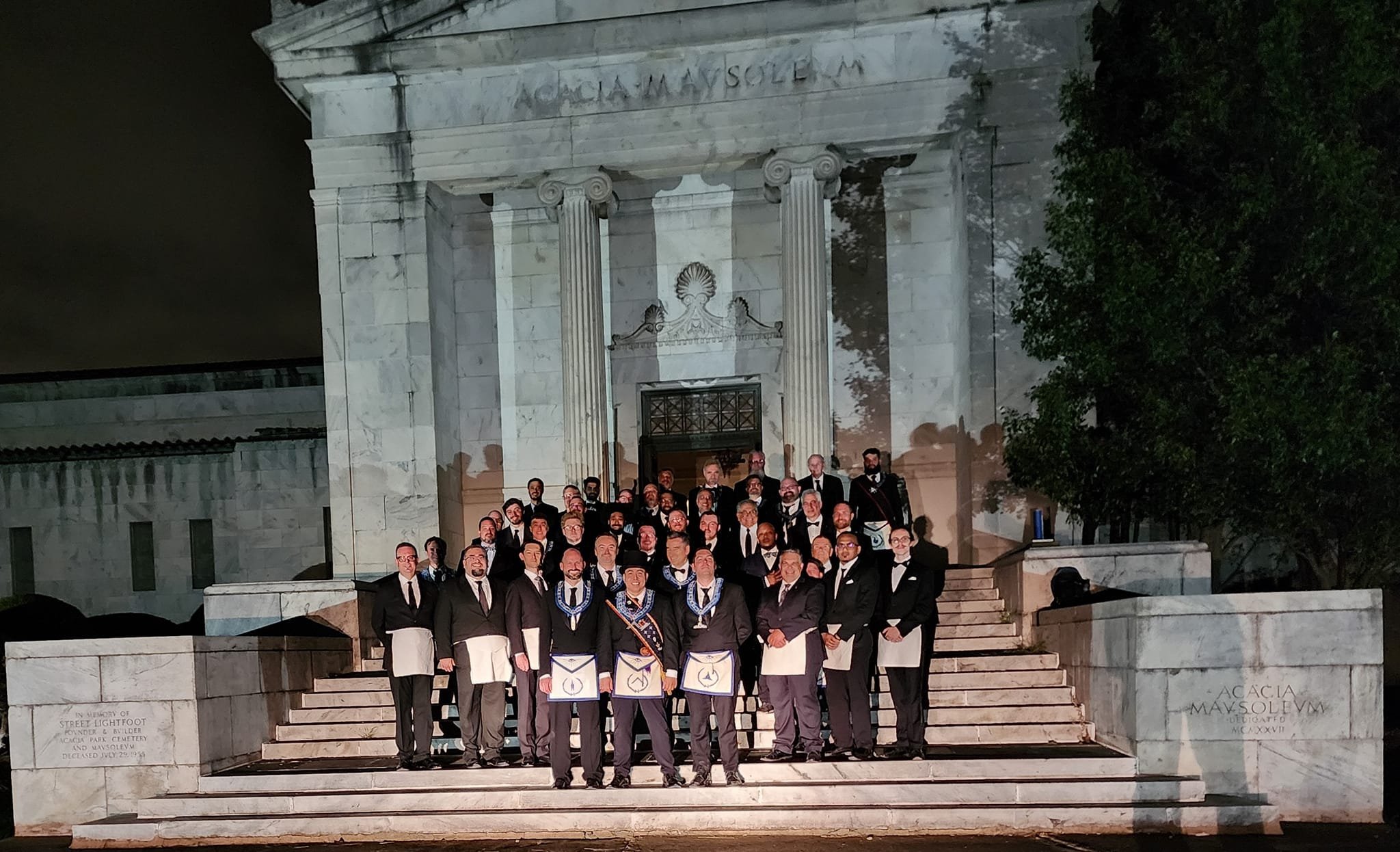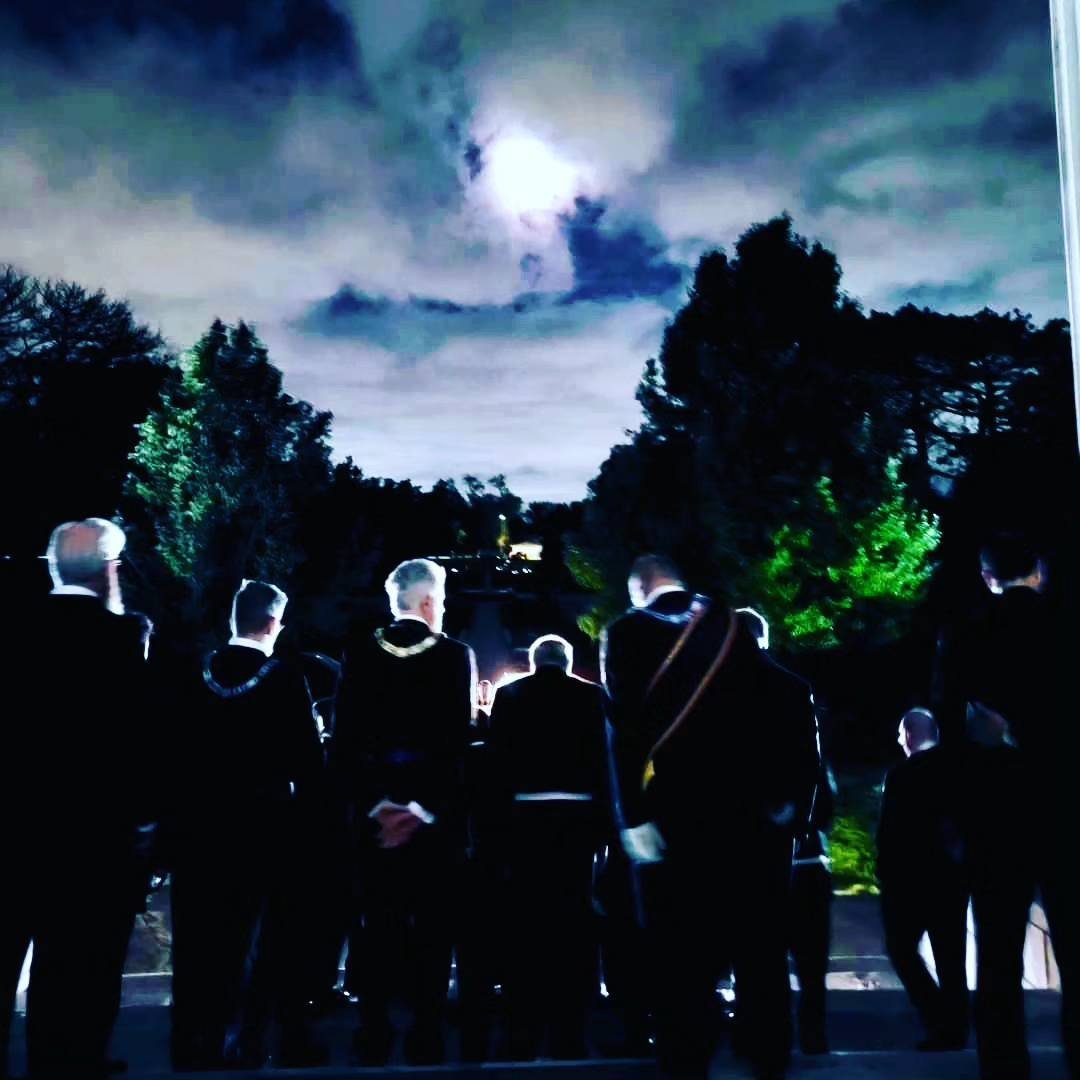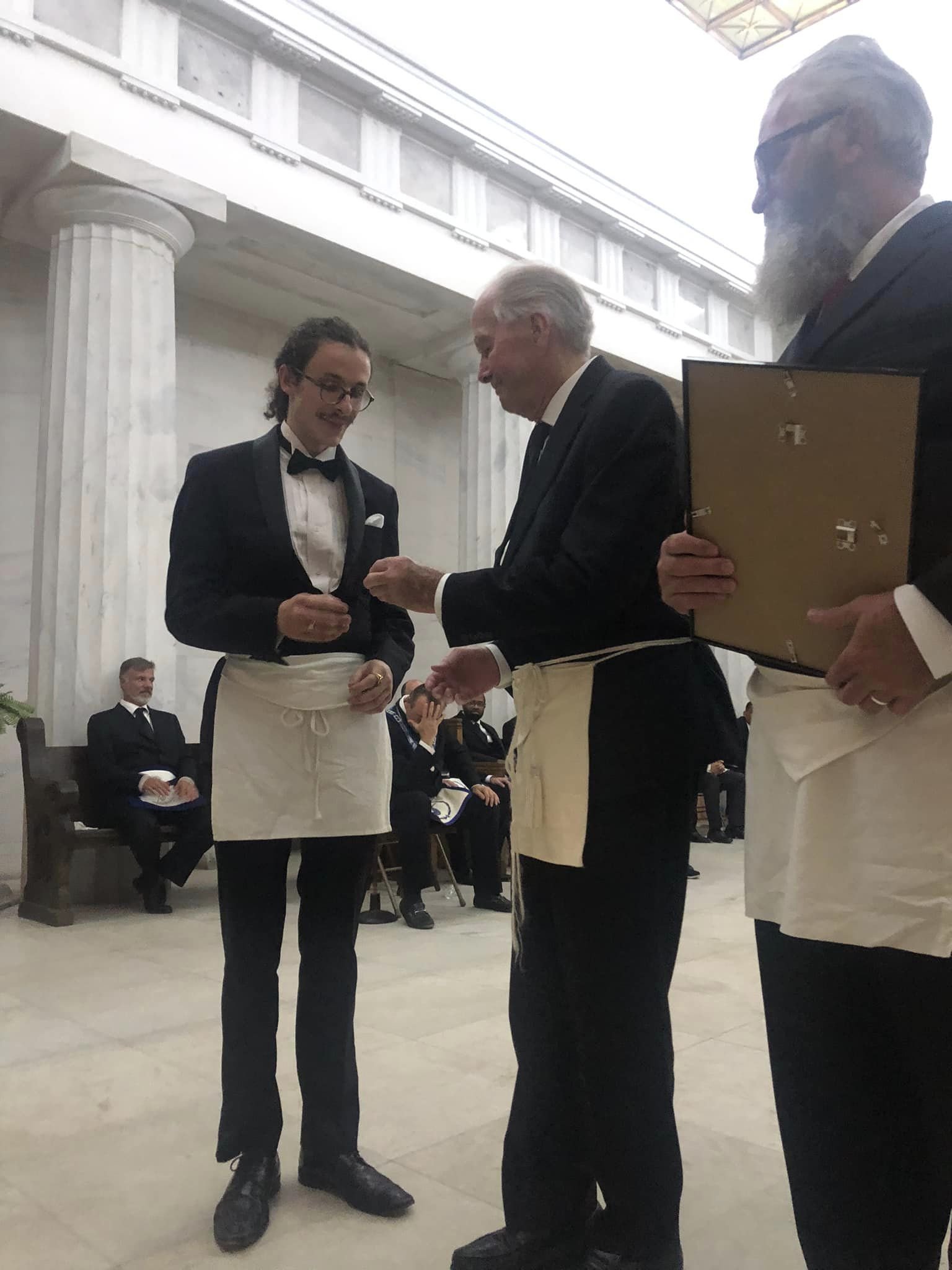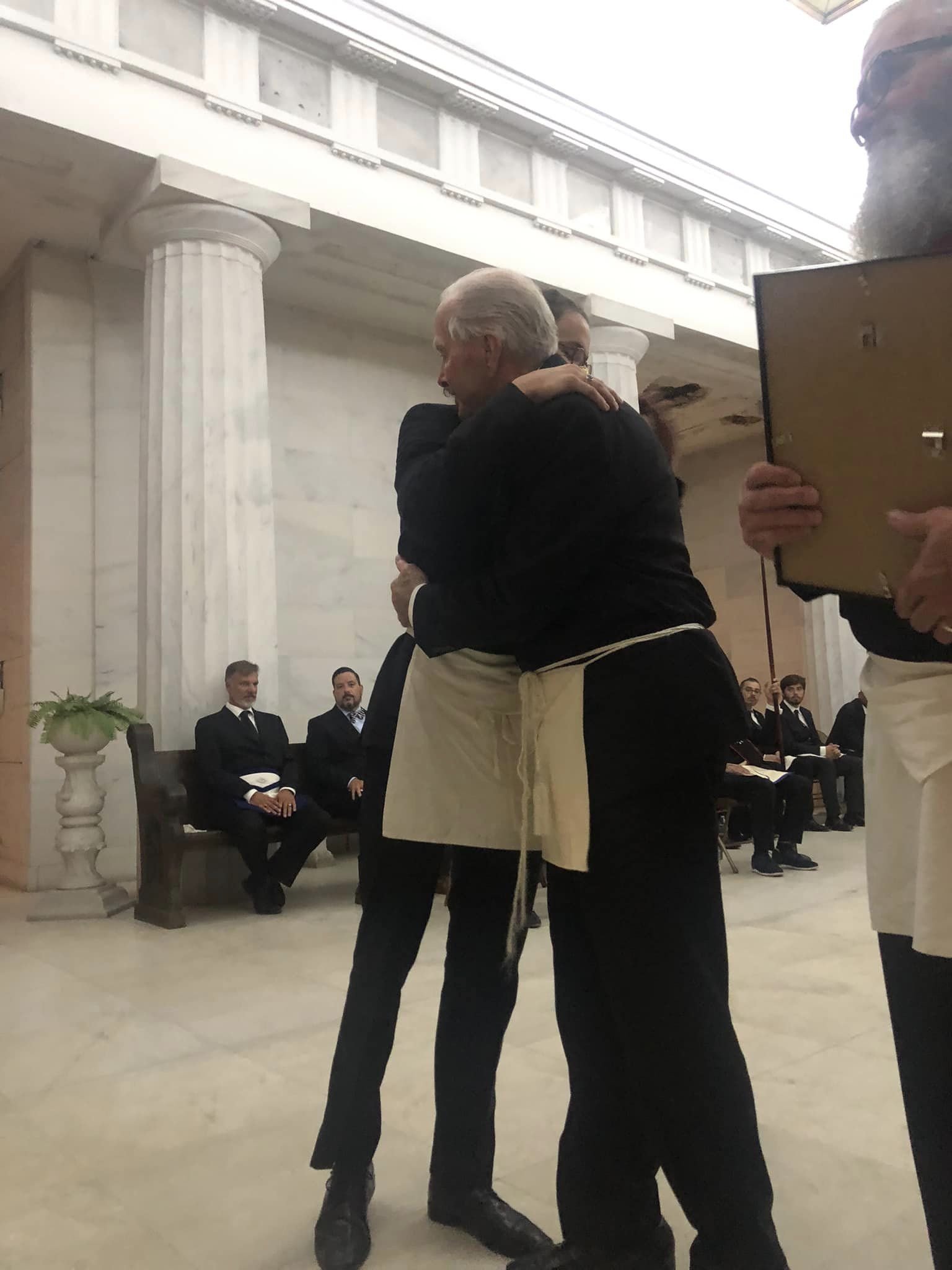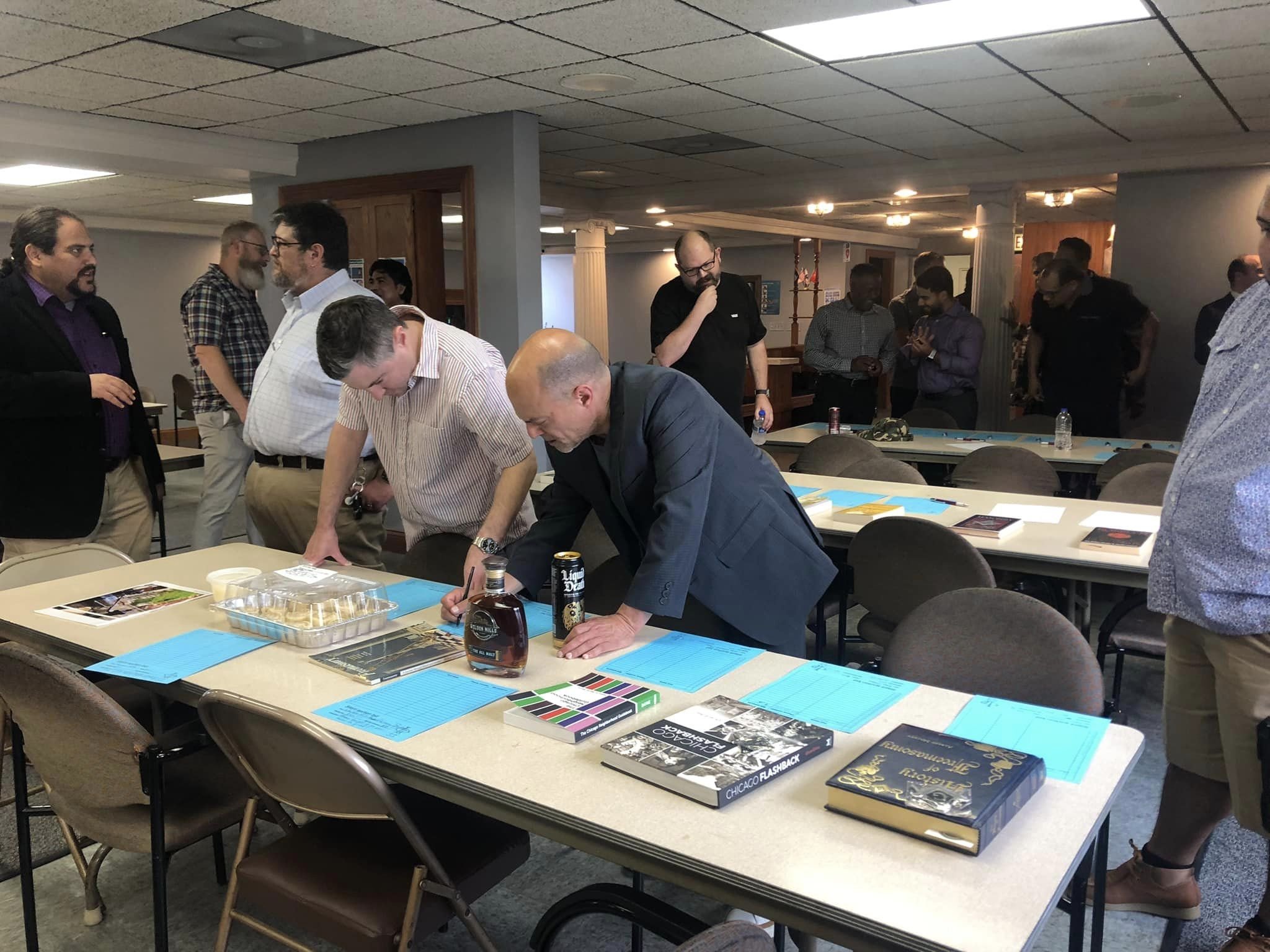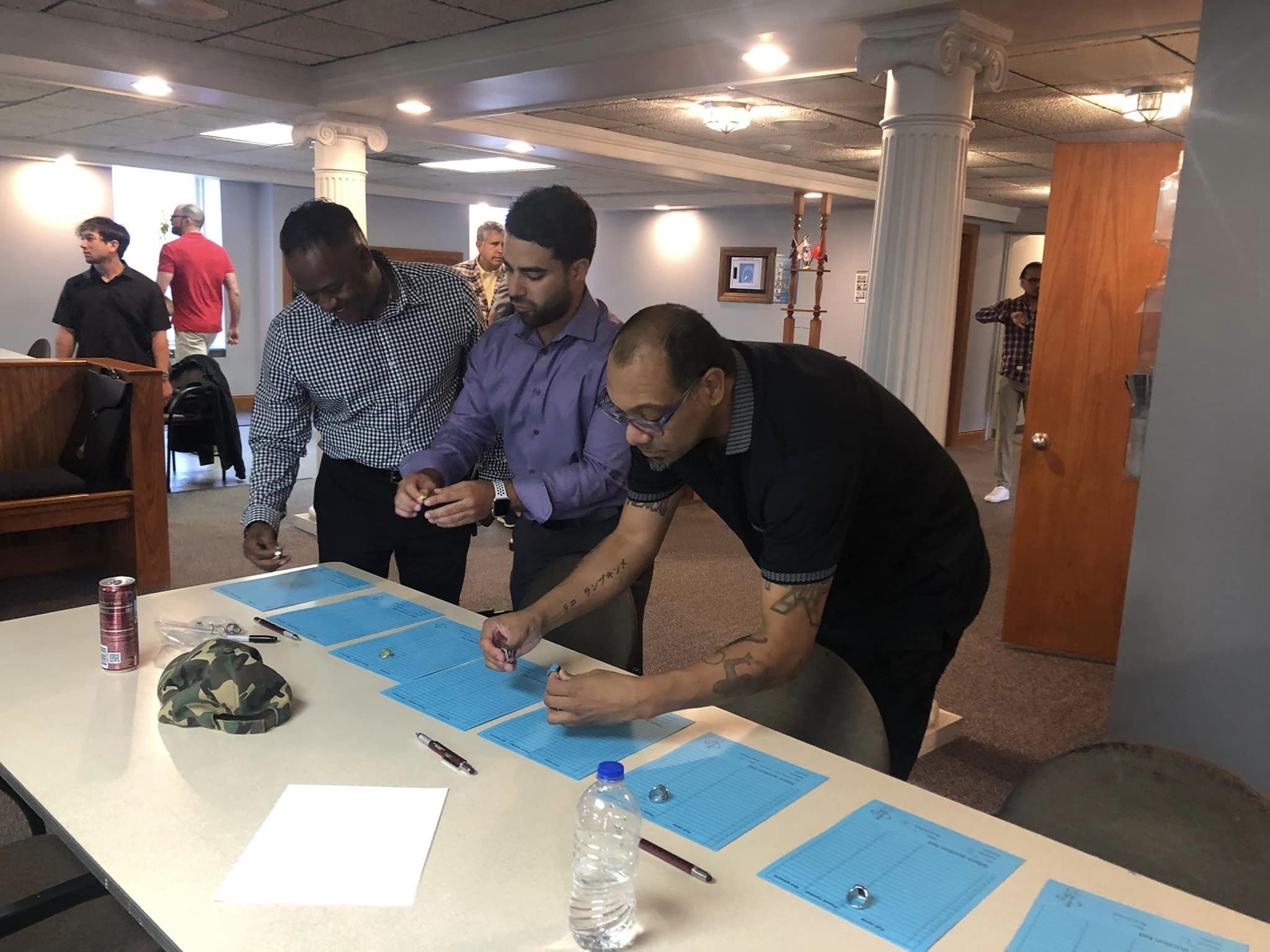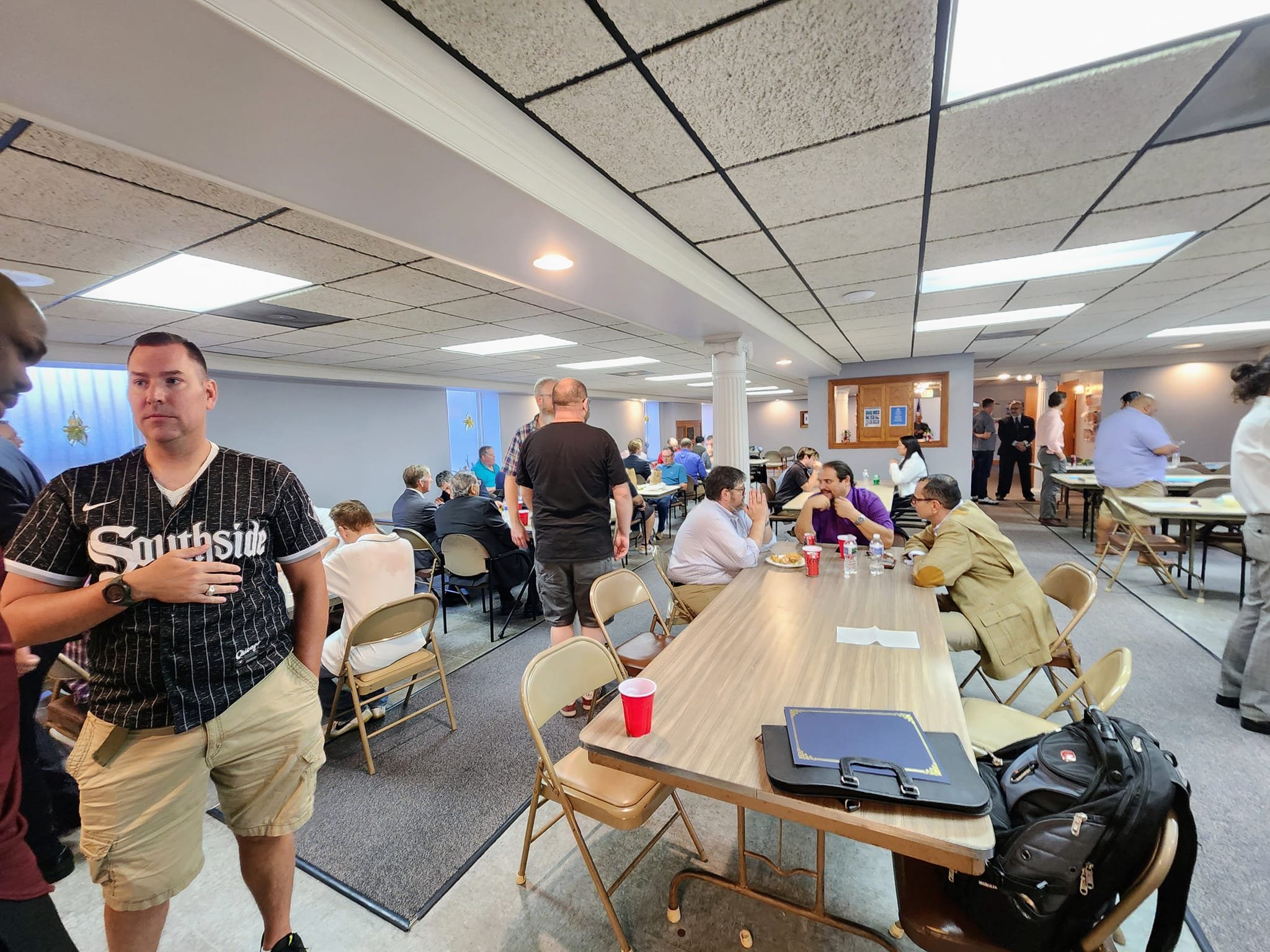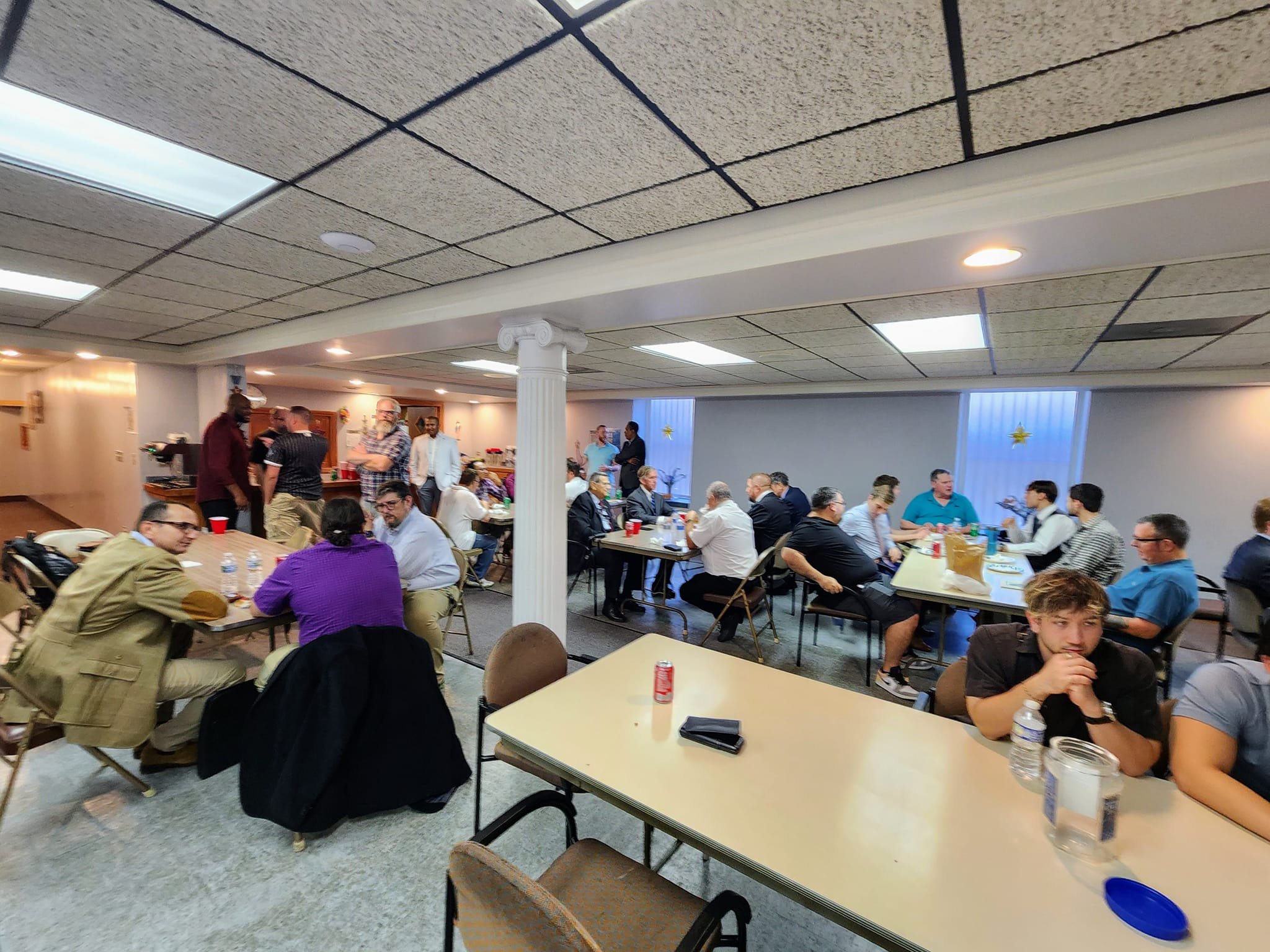Hamlet Act Three, Scene One - read it in this link
Some words do more than fill silence. They reach into the soul, into the hidden places where fear and longing dwell, and speak aloud the thoughts a man cannot always name. Shakespeare’s Hamlet gives us one of those moments in his soliloquy that begins, “To be, or not to be—that is the question.”
This speech is not simply about life or death. It is a mirror held to the heart of every thoughtful man. It is about whether we endure the chaos and suffering of life, or rise and act, even when we do not know what lies ahead. Hamlet says:
“Whether ’tis nobler in the mind to suffer
The slings and arrows of outrageous fortune,
Or to take arms against a sea of troubles,
And, by opposing, end them.”
Here lies the tension every Freemason knows well. Life brings trials, both seen and unseen. The question is not whether hardship will come, but how we respond to it. Do we shrink from it, or do we face it with the steady hand and upright heart taught to us in the lodge?
The speech turns, as all true reflection does, toward the unknown:
“To die, to sleep—
To sleep, perchance to dream. Ay, there’s the rub,
For in that sleep of death what dreams may come,
When we have shuffled off this mortal coil,
Must give us pause.”
This is where Hamlet confronts what he cannot see. He calls death a kind of sleep, and wonders if there is dreaming beyond it. That mystery, the great silence beyond the grave, holds even the boldest man in hesitation. He names it plainly:
“The undiscovered country from whose bourn
No traveler returns.”
We recognize this line because it lives in our ritual. It is spoken in the degrees of Freemasonry when we contemplate the grave not as an end, but as a threshold. That phrase reminds us that no man, however great or wise, escapes mortality. Yet it is not meant to provoke dread. It is meant to prepare. The Mason reflects on death not as something to fear, but as a reminder that life is sacred and time is short.
To walk the Masonic path is to live with that awareness always before us. It calls us to build not just buildings, but character. Not just a name, but a legacy. Not just a memory, but a soul fit to meet that final summons with peace.
Shakespeare, perhaps unknowingly, gives voice to our own instruction. In the lodge, we teach that life must be lived with integrity because we all must face that final journey. We do not know what comes after. We only know that we must go. And we trust that a life lived justly, humbly, and with purpose is its own preparation.
Hamlet’s words are beautiful because they are honest. They show the weight of thinking, the burden of fear, the power of the unknown. And yet, in that honesty, they point toward the same truth the Craft teaches:
Act with courage. Think deeply. Live well. And when the time comes, meet the undiscovered country not with trembling, but with the quiet strength of a man who has shaped his life with the tools of wisdom.
Disclaimer:
The reflections and interpretations offered in this article are the personal thoughts of the author and are not intended to represent official Masonic doctrine or the views of any Grand Lodge or Masonic jurisdiction. Freemasonry encourages individual thought, reflection, and discussion, and welcomes diverse perspectives among its members.






















